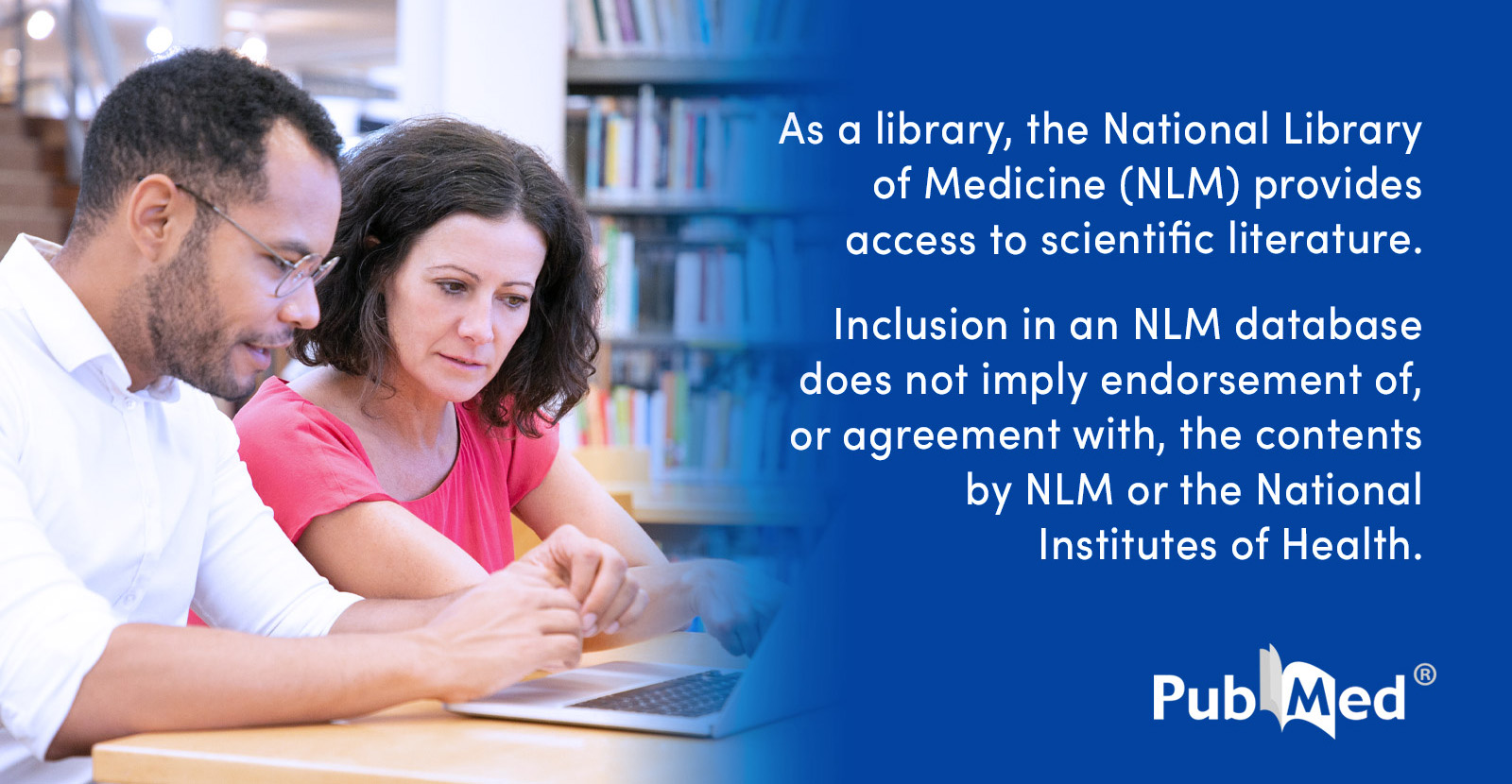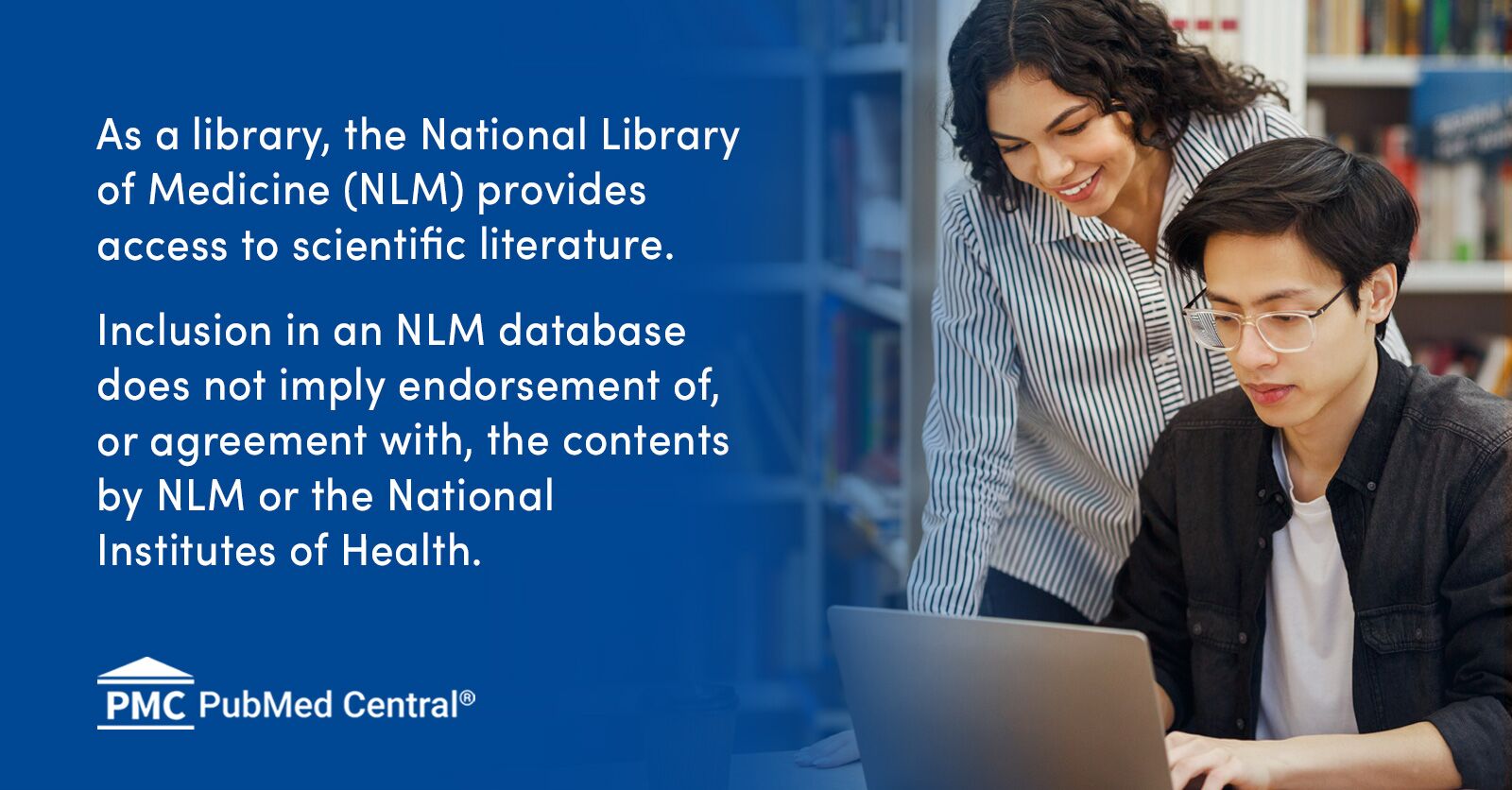okay, I’ve read through most of the responses of this fascinating thread and love all the different perspectives. i’m not a doctor, but here is my perspective.
1-all the drugs you have taken strongly affect the glutamate system, even if indirectly. even cannabis acutely inhibits the NMDA Receptors as a result of activation of CB1 receptors. all GABAA agonist drugs and GABA it’s self actually work by making neurons much less sensitive to glutamate and this is how they produce their pleasant memory impairing and sedative effects. therefore, withdrawal from these drugs, results in the complete opposite, hypersensitivity to glutamate which explains seizures/delirium, in extreme cases. luckily, Klonopin is a very long acting potent benzodiazepine, so you’re very unlikely to face lethal or even harmful withdrawal complications. I think the glutamate surge hypothesis is a strong and rational one. basically, it looks like all the drugs you have been using have cumulatively made your brain more sensitive to glutamate.
2- Should have put this one first, but you are very very unlikely to die even as an indirect result of any withdrawal. your Klonopin should be more than enough to keep you safe from a seizure which I doubt you had anyway.
3- Kratom contains a huge range of alkaloids with diverse biological activities, so I could see how it could cause hyponatraemia, especially if they have a diuretic effect like caffeine/coffee does. The thing is, it would be very difficult to cause this in a normal person unless they strictly avoided all salt containing foods or in the context of extreme kidney damage or other illnesses. it wouldn’t be a bad idea to snack on a few salty foods or occasionally add a bit of extra salt to your diet. however, I think the best thing you can do is go to your doctor and ask them to do bloodwork. unless you’ve been explicitly prohibited from drinking, tell him what happened in the context of your alcohol use and the symptoms you got, without mentioning the other drugs you used. that way, they could check you for nutritional deficiencies which are more common when multiple drugs are used together.
4-I would advise you to avoid alcohol in the near future, at least for a few months to give your body time to recover. in regards to getting off Klonopin, that would be a great achievement. apparently, low-dose flumazenil,(powerful, benzodiazepine, antagonist) can make this process easier by resetting the sensitivity of GABAA receptors. This should be something you can speak to your doctor about.
5-because neurotransmitters are intimately linked with each other, the role of Norepinephrine is also important. pretty much all the drugs you were using indirectly decrease noradrenergic activity which helps produce the depressant effects. of course, with withdrawal the opposite happens. interestingly, Norepinephrine. can trigger the insertion of New calcium permeable AMPA glutamate receptors into the neuron membrane as well as triggering their phosphorylation. this makes a neuron much more sensitive to glutamate. this could play a role in your extreme sensitivity to temperature and high anxiety levels.
6-now we’re getting into the realm of experimental suggestions but it might be of interest to you. basically, neurosteroids are endogenously produced compounds which are metabolites of sex hormones. some of them are extremely powerful agonist/modulators of the GABAA receptors, but they act on unique sites and subunits. apparently, they’re excellent candidates for addiction, epilepsy, neuroprotection, psychiatric disorders amongst many others. One of them, alaprednanalone is available as an experimental treatment for major depression and is thought to work by rebalancing/resetting the brain. i’m not sure if you have any depressive symptoms, but if you manage to get off Klonopin I wonder if applying for such a treatment could help reset your brain networks to normal, reversing the changes caused by years of GABAergic substance use. i’ve been thinking a bit about the kindling process I mentioned to you previously, and I think that could explain some of your symptoms. however, I don’t think it’s endangering you at the moment and it’s usually only a problem in chronic very high-dose alcohol or drug users who go through repeated cycles of withdrawal and use.
I wish you all the best. My strongest advice would be too limit the number of drugs you use, both medical and recreational, start by cutting out those you feel you need/benefit from least. take care of your nutrition and sleep as these are also really important. also, try your best to remain calm at all times. Whilst I don’t believe your experiences were largely psychosomatic, it’s very likely a small psychosomatic component was involved with the possible culprit being heightened noradrenergic activity.



